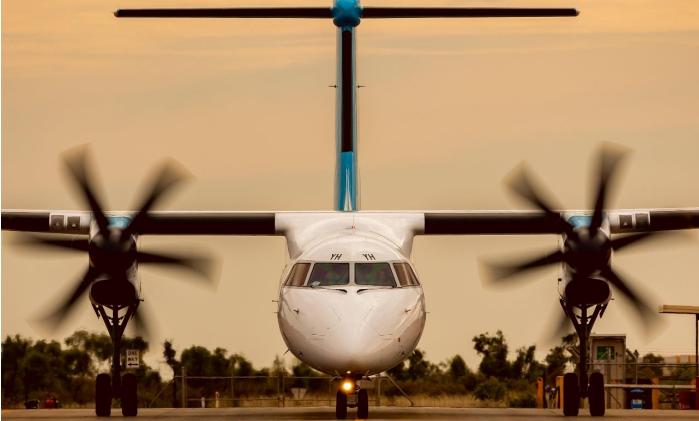The International Air Transport Association (IATA) has restored Somalia airspace with Class A classification after a long-haul of 30 years. This reclassification of airspace was possible with the installation and commissioning of modern radio navigation and other technological infrastructure followed by a successful trial, which began last May.
IATA further stated that it will significantly improve safety in the region and enhance efficiency.
Kamil Al-Awadhi, IATA’s regional vice president for the Middle East and Africa said: ““The upgrade of air traffic management and improved navigation and communication infrastructure will enhance situational awareness along an increasingly busy air corridor and its intersections with routes linking many of the world’s regions.”
Meanwhile, the Somali government has welcomed the reclassification.
Ahmed Moallin Hassan, director general of Somali Civil Aviation Authority, said: “This is welcoming news. With this we will be providing more services to pilots. Under Class G airspace designation, the aviation authority was providing advisory services to the pilots. But now since the airspace class has changed from uncontrolled airspace to controlled space, the service we are providing changed to air traffic control services. Now we will be instructing the pilots, and we will be using words like climb, descend, clear to land, clear for takeoff.”
The collapse of the state in Somalia in 1991 ended the country’s control of its airspace. That control had been run from Nairobi from 1992 until June 2018, when the Somali government transferred management of the airspace to Mogadishu. Somalia airspace had been classified as Class G, or uncontrolled airspace, for decades.
Meanwhile, the authorities believe that the classification upgrade will increase revenue for Somalia. About 400 international flights use Somali airspace a day, and the change to Class A airspace has the potential to increase traffic to as many as 600 flights a day, with the current annual revenue as $22 million, experts believe the revenue to increase to $34 million.

